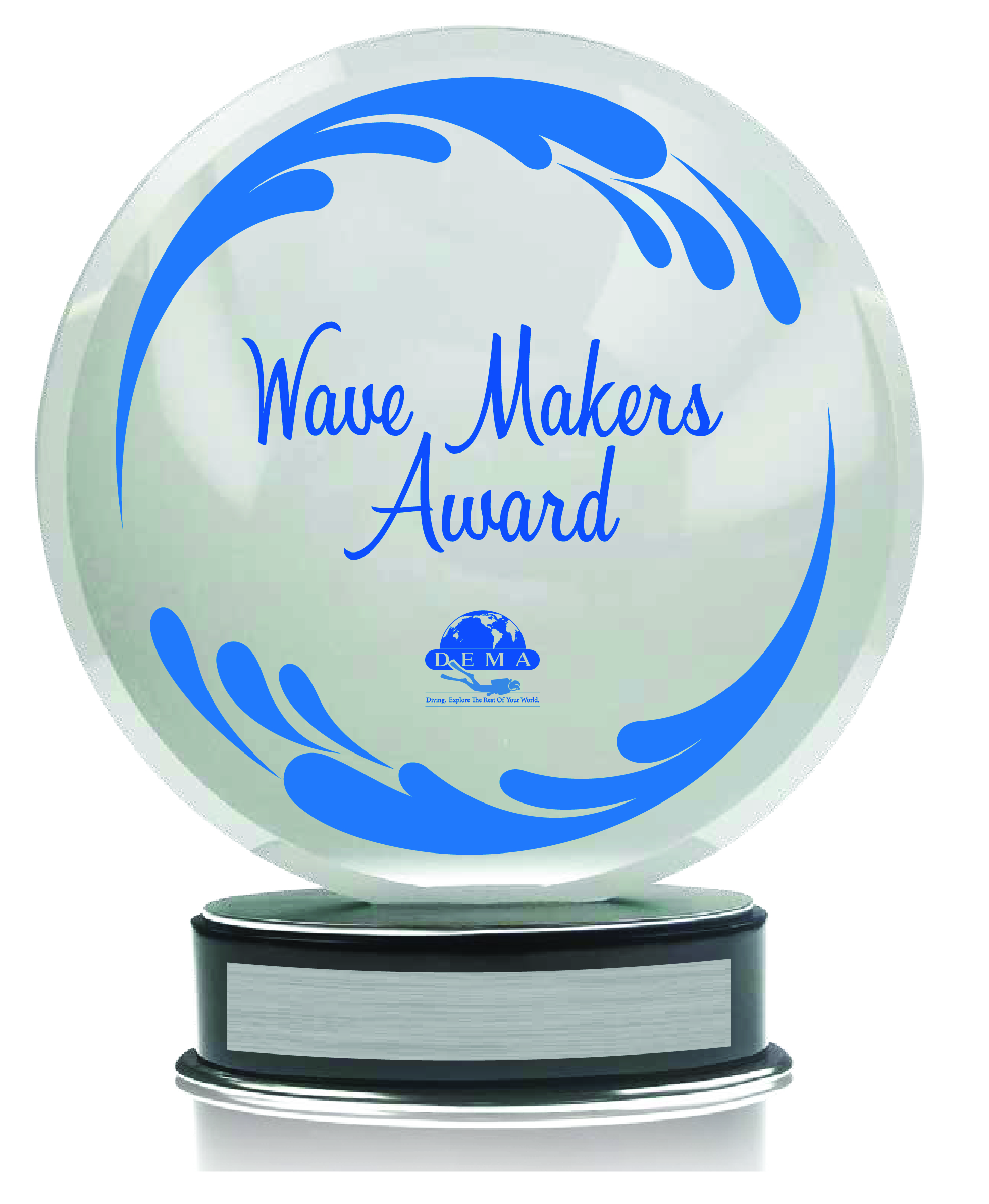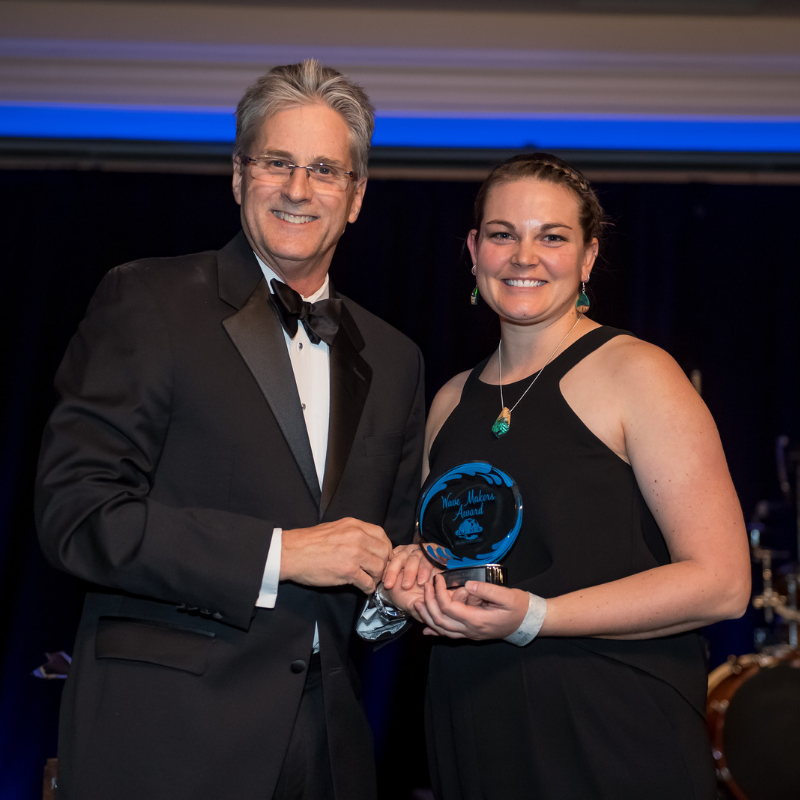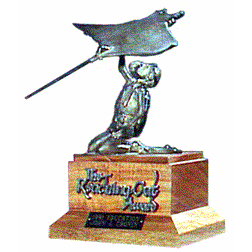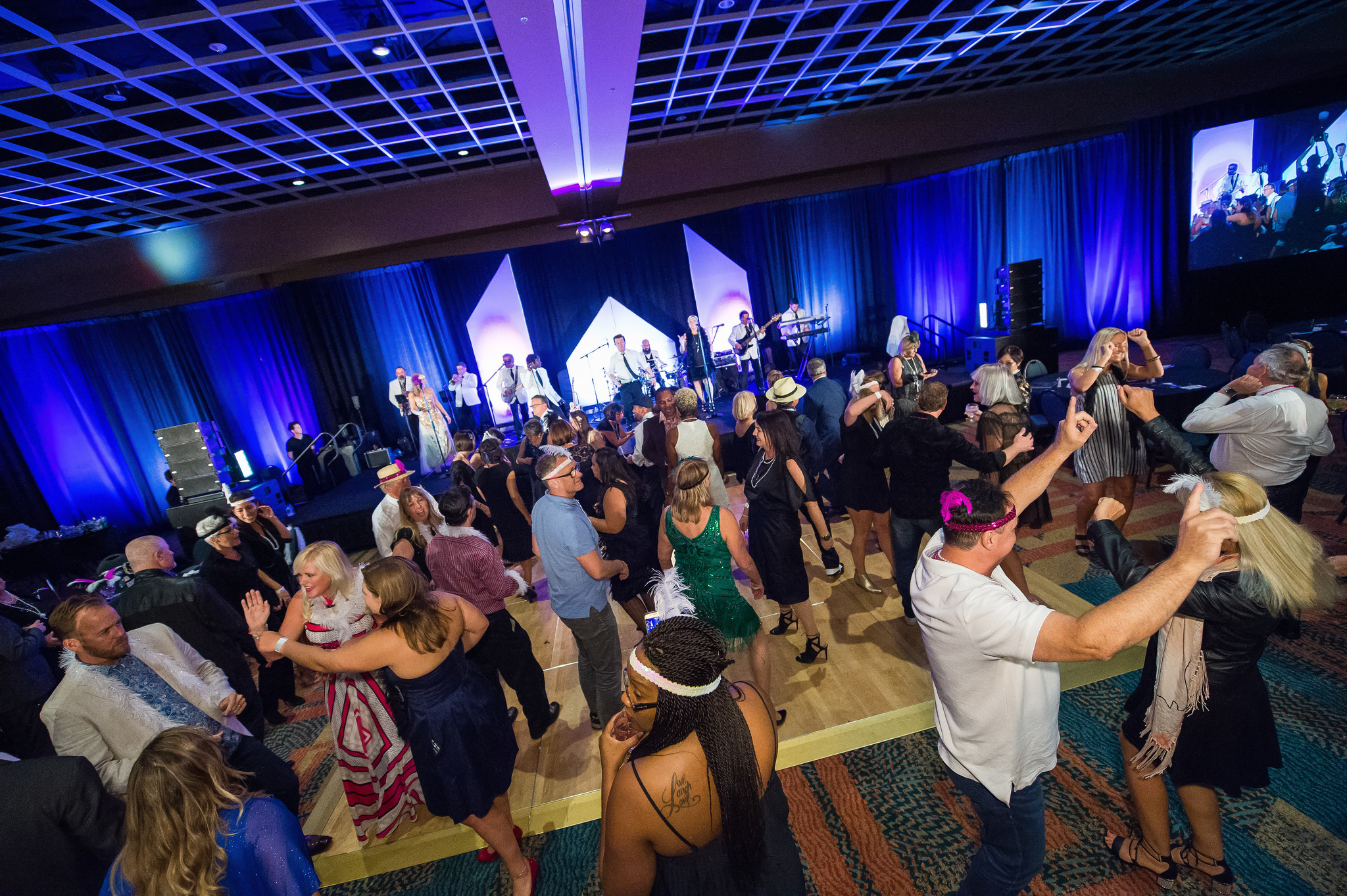On December 12, DEMA’s President and CEO, Tom Ingram, and Legislative Advocate, Bob Harris, along with numerous interested divers and diving professionals, provided testimony to members and staff of the Florida Fish and Wildlife Commission (FWC). The parties provided input to proposed rules and processes suggested by FWC staff on three topics important to divers in Florida:
- Rules protecting sharks and divers during shore-based shark fishing
- Rules applied to collecting aquarium specimens from the waters under the Blue Heron Bridge
- Rules/research for Florida’s Goliath Grouper
Shore-Based Shark Fishing
DEMA’s input to the proposed rules for shore-based shark fishing included the need to:
- Prevent a hooked shark from being landed (removed from the water) on a beach for the purpose of taking their picture or measuring the fish (which generally harms the animal).
- Require the use of specific fishing equipment to make it easier to release prohibited and at-risk sharks.
- Prevent chumming for sharks from shore, in the interest of the safety of swimmers, surfers and divers.
- Require all fishers, regardless of age, complete an education program prior to receiving a (free) permit which is required to target sharks from shore.
- Require that the distance from shore-based shark fishers to designated public bathing areas be 100 yards, the same distance from designated public beaches as required by current law for spear fishers.
While FWC is unlikely to adopt this last proposed distance rule because of the resistance from fishing interests, it appears the remaining rules are likely to be adopted at the February 2019 FWC meeting, making this a win for sharks and for divers wishing to see these animals.
Prohibition on Collecting Marine Life at Blue Heron Bridge
DEMA offered testimony in favor of a prohibition being placed on the removal of “ornamental” or aquarium-sized marine life and plants in the area under the Blue Heron Bridge in West Palm Beach, Florida.
This well-known shore dive site is unique, and it appears that, even with FWC’s limited data on the 500+ different species found in this area, excessive collecting and removal of marine life and marine plants is having a detrimental impact on this location. DEMA asked that the FWC create essentially a no-take zone at the Bridge which would remain open to divers for photography and observation. Since the area is already closed to spear fishing, DEMA suggested closing the area to hook and line fishing as well. Although the request for closure to hook and line fishing is unlikely to be adopted, again owing to pressure on the FWC from the fishing community, the proposed rules that prevent removal of aquarium animals and plants mean that divers will be able to see the many different species at this dive site for years to come.
Maintaining the Moratorium on Harvesting the Goliath Grouper in Florida
Ingram and Harris reiterated DEMA’s long-held position that Goliaths should remain protected and that the current moratorium on harvest, in place since 1990, should remain.
DEMA’s testimony included the fact that in 2016 the FWC attempted but failed to complete a scientifically acceptable stock assessment of Goliath Grouper, and as a result, no valid stock assessment exists. DEMA also testified that research shows Goliath Grouper flesh contains extremely high levels of mercury, rendering the flesh unsafe to consume and making even a limited harvest of Goliaths impractical and dangerous. DEMA also suggested that protections commensurate with another slow-moving and valuable animal, the manatee, should also be afforded the Goliath Grouper.
While DEMA’s testimony was that FWC does not have sufficient data to justify lifting the current moratorium, the diving community should be aware that FWC staff are working to devise a scientifically-acceptable means to model the Goliath fishery so that it becomes possible to determine if the fishery should remain closed or open to some form of harvest in the future.
As a result of this meeting, FWC has indicated that until an acceptable stock survey is performed, the harvest moratorium will continue. FWC staff have indicated it will take until at least 2022 to make the determination. This is a great victory for Goliath Grouper and divers everywhere!
All of the proposed rules discussed during the FWC meeting in St. Augustine, Florida are still subject to additional changes before they are finalized. Finalized rules will be available for public comment prior to the FWC meeting scheduled for February 2019. DEMA will also attend this meeting at that time to provide comment on the final version of the rules.

 JESSICA KELLER
JESSICA KELLER

 The Dive Industry will come together
The Dive Industry will come together  First presented in 1989, the
First presented in 1989, the 